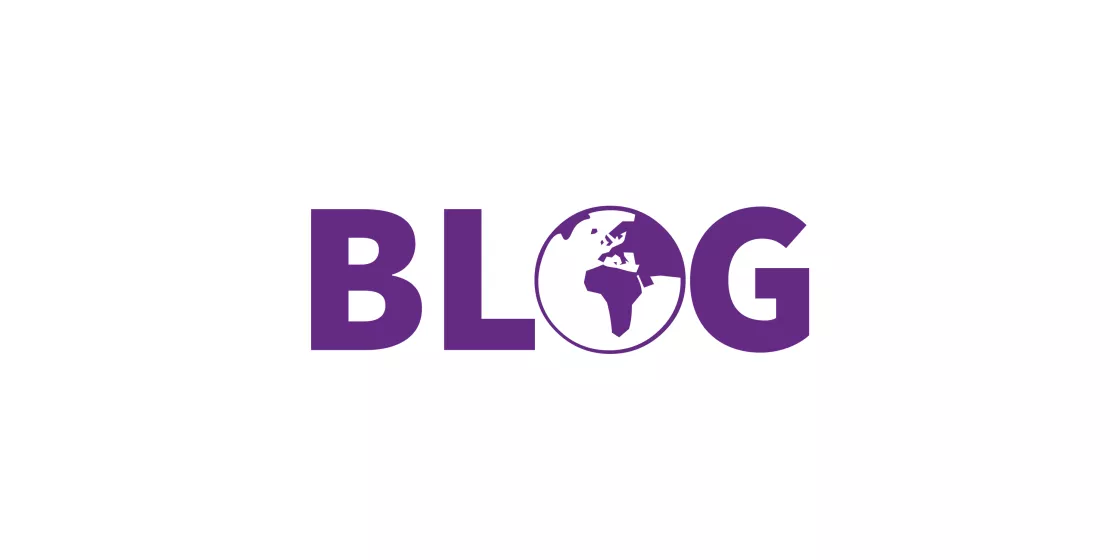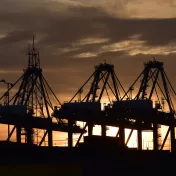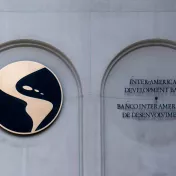The Paris climate summit was a remarkable success of climate diplomacy. Vulnerable countries achieved to anchor adaptation, resilience making and addressing loss and damage squarely on the international climate policy agenda of the coming years. This includes among others the creation of a long-term adaptation goal, the linkage of adaptation commitments to manifesting temperature pathways, the inclusion of adaptation in the Paris ratcheting architecture, the strengthening of 'good' adaptation principles, and specific commitments of countries to support, undertake and internationally disclose adaptation actions.
Adaptation Committee - litmus test for Paris implementation
The Adaptation Committee (AC) - a technical UNFCCC body that was launched at COP16 in Cancun in 2010 - will be key in carrying forward the political momentum from Paris. This week in Bonn the members convene for the first time after Paris to discuss priorities for work in the next three years. This will be a litmus test whether the Paris decisions are truly implemented. The AC will have to satisfy two general expectations:
First, in terms of UNFCCC policy making the AC is the body that will prepare the international adaptation discussions. For instance, the AC is tasked to develop needs assessments and finance mobilization strategies to support adaptation in vulnerable countries. Its task will also be to prepare an institutional reform of UNFCCC adaptation processes by 2017 setting the stage for COP23. And lastly, being the chief venue to boost pre-2020 adaptation action internationally, the AC is expected roll up its sleeves to work on this soon. Thematic international workshops are organized for the May 2016 UNFCCC session in Bonn.
Second, the AC will have to streamline information flows to countries to address barriers in national implementation, including in the context of National Adaptation Plans (NAPs). For instance, the AC needs to collaborate among others with the Green Climate Fund to better work out the support processes for NAPs including through guiding, monitoring and evaluation frameworks. Likewise the AC is to spearhead a better regional integration and support of adaptation projects and programmes, by for example appointing regional adaptation centres.
Overall, there is the clear expectation that the AC is the primary ambassador for the interest of vulnerable groups and populations. For instance, while the Paris Agreement strengthened principles of 'good' adaptation, it is up to the AC to be true to its mandate and develop thrust behind the application and support of such principles in relevant processes; for instance in the GCF where the interest of vulnerable communities is constantly under pressure from competing funding objectives.
Political and personal leadership required
Overall, the agenda of the AC received a major load from Paris. It is questionable whether the AC in its current form can fulfil these expectations. During COP21 the African negotiators for instance were very hesitant to task the AC with the work to boost pre-2020 adaptation actions, reflecting concerns of its capacity and leadership. Since the work of the AC will be integral to setting the tone of global adaptation policies in the coming years, it is time for shifting gears. This includes that global adaptation practitioners better interphase with the AC's work and that the political level starts to really acknowledge the work of the members of the AC as a prestigious post that requires necessary backup and resourcing. Lastly, it will require the personal leadership of the AC's 14 members and their two co-chairs to take the chance and set the pulse of the global adaptation debates in the coming years.
- Sven Harmeling is CARE International's Climate Change Advocacy Coordinator and Board member of Germanwatch
- Sönke Kreft is Team Leader 'International Climate Policy' of Germanwatch
- Mit Unterstützung von Brot für die Welt. Für den Inhalt ist alleine Germanwatch verantwortlich. -





